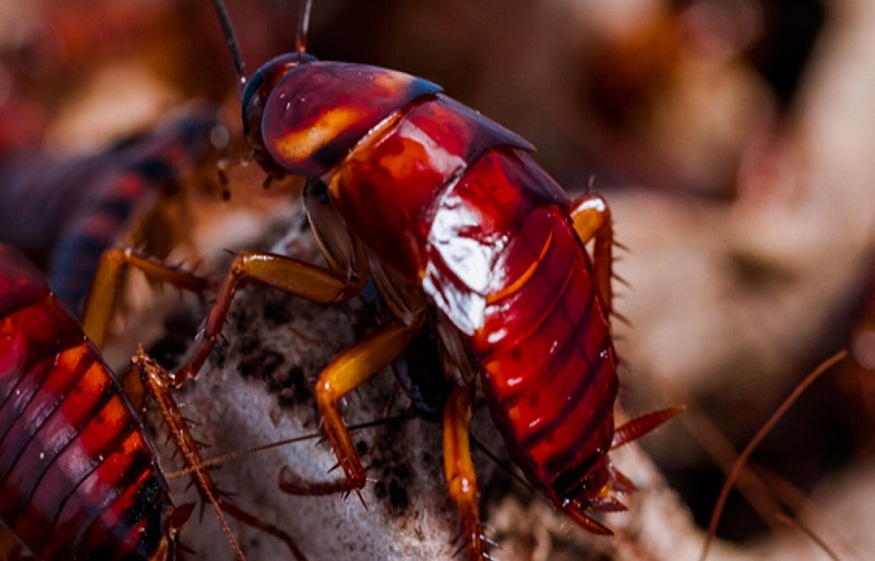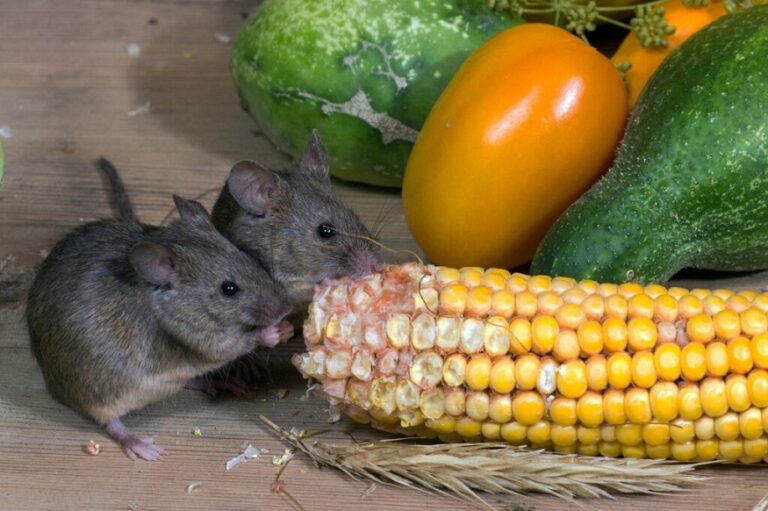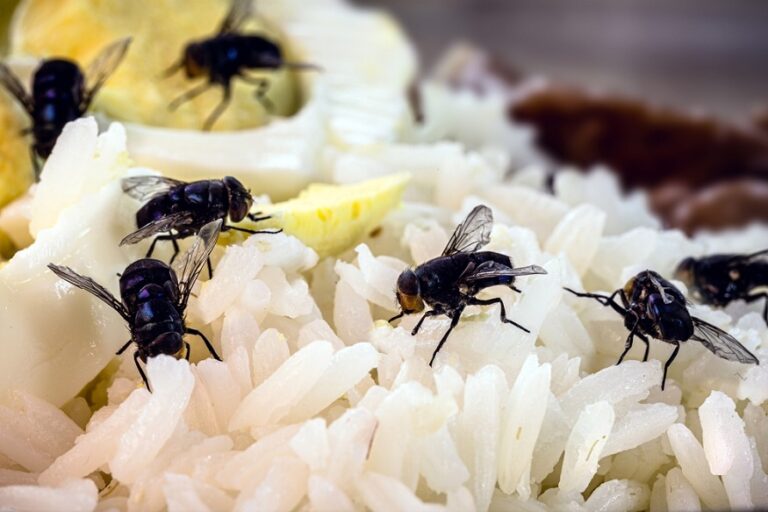Pest genomics deals in pest species’ genes to understand more about them, how they behave, how they adapt and so on. This field is very important especially for regions such as Winter Garden since pest control in Winter Garden requires proper intervention in order to preserve agricultural systems as well as the environment.
One might say that genetically the pests are more advanced learners, so when working with their genetics scientists can find a more effective and, therefore, more environmentally friendly ways to control pests; moreover, having more efficient ways of controlling pests, farmers will have better results in terms of crop protection with less negative impact on the environment.
How can pest genomics enhance pest control management?
Pest genomics plays a significant role in enhancing control methods since current and future approaches involve precision-based solutions. When the DNA of a pest is studied, scientists can learn of their soft areas or break points within their life cycle, or other circumstances they are sensitive to. Such an opportunity creates the chances of creating interventions such as genetic modifications or biopesticides that are targeted only on pest species and not on the advantageous organism or probable crops.
What is the connection of genomics in the preservation of the resistance?
Yield decline due to pests, a problem in the past that was solved by pesticides, has resurfaced due to resistance to pesticides, but there are solutions within genomics. Since the mutations giving birth to resistance genes are known, it is possible to forecast adoption patterns in pests. From this it is possible to devise programs of cycling pest control measures or create chemical agents that interfere with the mechanisms of resistance, thus maintaining effectiveness for an elongated period and requiring less reapplication of chemicals.
Can Genomics Improve Biological Control Techniques?
Genomics is particularly useful in biological control where natural enemies of pests are employed to regulate pest populations or reduce their impact. Closely related, is the capacity to study the genetics of pests and the associated biological control agents and it is in this way that compatibility can be deciphered and the effectiveness of these methods maximized. For instance, knowledge in breeding applicable genotypes of parasitic insects is of great significance in the offspring more suitable to particular conditions, enhancing which reduces the pest menace.
How does genomics help in achieving sustainable agriculture?
The use of pest genomics is sustainable with agriculture as it involves the prevention of the use of chemical pesticides. This is because, with specific information about the genes, farmers can use means that are more productive and which cause less harm to the environment. For example, its products can be edited to emit proteins that protect them against particular insects, retaining higher yields relative to the pesticides and fertilizers they need. This does not only help in conservation of the environment but also in better utilization of resources in farming systems.
What Does Pest Genomics Mean and What Other Consequences Can It Have?
The pest genomics is not limited to agriculture and has implications in public health and conservation of sizes. Genomic tools can be employed to control disease transmitting pestilence, like the mosquitoes by changing their ability to breed or by hampering their capacity to disseminate diseases. Also, utilising such technologies may conserve endangered species by controlling invasive pests that are a threat to natural habitats, hence conserving the ecosystem.
Conclusion
Use of new generation molecular biology techniques like genomics is leading to better and efficient pest management processes. Fortunately, genetic knowledge can be used to deploy solutions for contemporary problems as well as work in sections that help to create a sustainable environment and maintain the balance on our planet. These advances provide tremendous potential for enhancing agricultural output, safeguarding public welfare and preserving biodiversity making pest genomics the pillar of future innovation in pest control.












+ There are no comments
Add yours